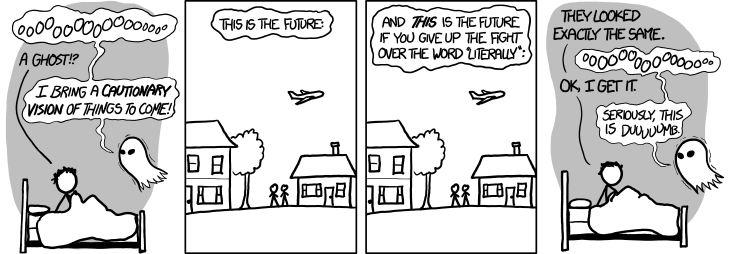A new article in Nature presents a model for predicting a neuroscientist's future h-index based on current output. For those who don't know, the h-index is the largest N such that you have N papers each of which have at least N citations. It does this based on your current h-index, total number of published articles, years since first article, the total number of journals published in, and the number of papers in Nature, Science, Nature Neuroscience, PNAS and Neuron.
I'm not a neuroscientist (though I *am* in Neurotree, upon which the data are based), so I figured I'd see what it predicts for me. I ran into a problem right away, though: how do we count papers? Does my book chapter count? How about two editorials that were recently published (that is, non-empirical papers appears in empirical journals)? What about two papers that are in press but not yet published?
If we are conservative and count only empirical papers and only papers currently in print, my predicted h-index in 2022 is 12:
If we count everything I've published -- that is, including papers in press, book chapters, and non-empirical papers -- things improve somewhat (apparently it's a good thing that almost everything I publish is in different outlets):
Interestingly, if I pretend that I currently have an h-index of 9 (that is, all my papers have been cited at least 9 times), it doesn't actually do any good. I've increased my current h-index by 6 but only my predicted 2022 h-index by 3:
I guess the model has discovered regression to the mean.
(BTW I've noticed that neuroscientists really like h-index, probably because they cite each other so much. H-indexes in other fields, such as -- to take a random example -- psychology, tend to be much lower.)
I'm not a neuroscientist (though I *am* in Neurotree, upon which the data are based), so I figured I'd see what it predicts for me. I ran into a problem right away, though: how do we count papers? Does my book chapter count? How about two editorials that were recently published (that is, non-empirical papers appears in empirical journals)? What about two papers that are in press but not yet published?
If we are conservative and count only empirical papers and only papers currently in print, my predicted h-index in 2022 is 12:
Interestingly, if I pretend that I currently have an h-index of 9 (that is, all my papers have been cited at least 9 times), it doesn't actually do any good. I've increased my current h-index by 6 but only my predicted 2022 h-index by 3:
I guess the model has discovered regression to the mean.
(BTW I've noticed that neuroscientists really like h-index, probably because they cite each other so much. H-indexes in other fields, such as -- to take a random example -- psychology, tend to be much lower.)

















.png)
.png)
.png)
